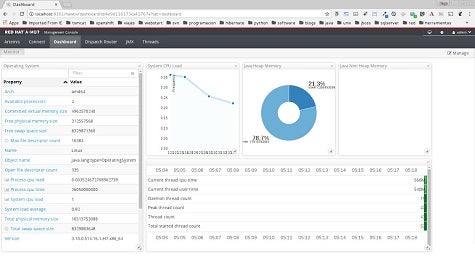Aiming to make it simpler to build distributed applications at scale, Red Hat today updated its open source messaging platform to include support for a much wider variety of clients, in addition to improving overall scalability.
Version 7 of Red Hat JBoss AMQ adds support for clients running Java Message Service (JMS) 2.0, JavaScript, C++, Microsoft.Net, and Python to existing support for MQTT and AMQP protocols to the asynchronous messaging platform.
David Codelli, technical marketing manager for Red Hat, says interest in asynchronous messaging platforms is on the rise as IT environments become more distributed thanks to the rise of microservices and Internet of Things (IoT) applications. That shift requires more abstraction of IT infrastructure to provide isolation between various types of clients and backend services, says Codelli.
“Organizations want more agile infrastructure,” says Codelli.
Red Hat also added an interconnect router capability in JBoss AMQ 7 that makes it possible to create a network of messaging paths spanning data centers, cloud services and geographic zones. The result, says Codelli, is a messaging platform capable of both scaling up or out.
The degree to which IT organizations are embracing various forms of distributed infrastructure will naturally vary widely. But at this point, it’s clear that IT environments will become more distributed than ever. The only remaining question is to determine the pace at which IT organizations will make that transition.



